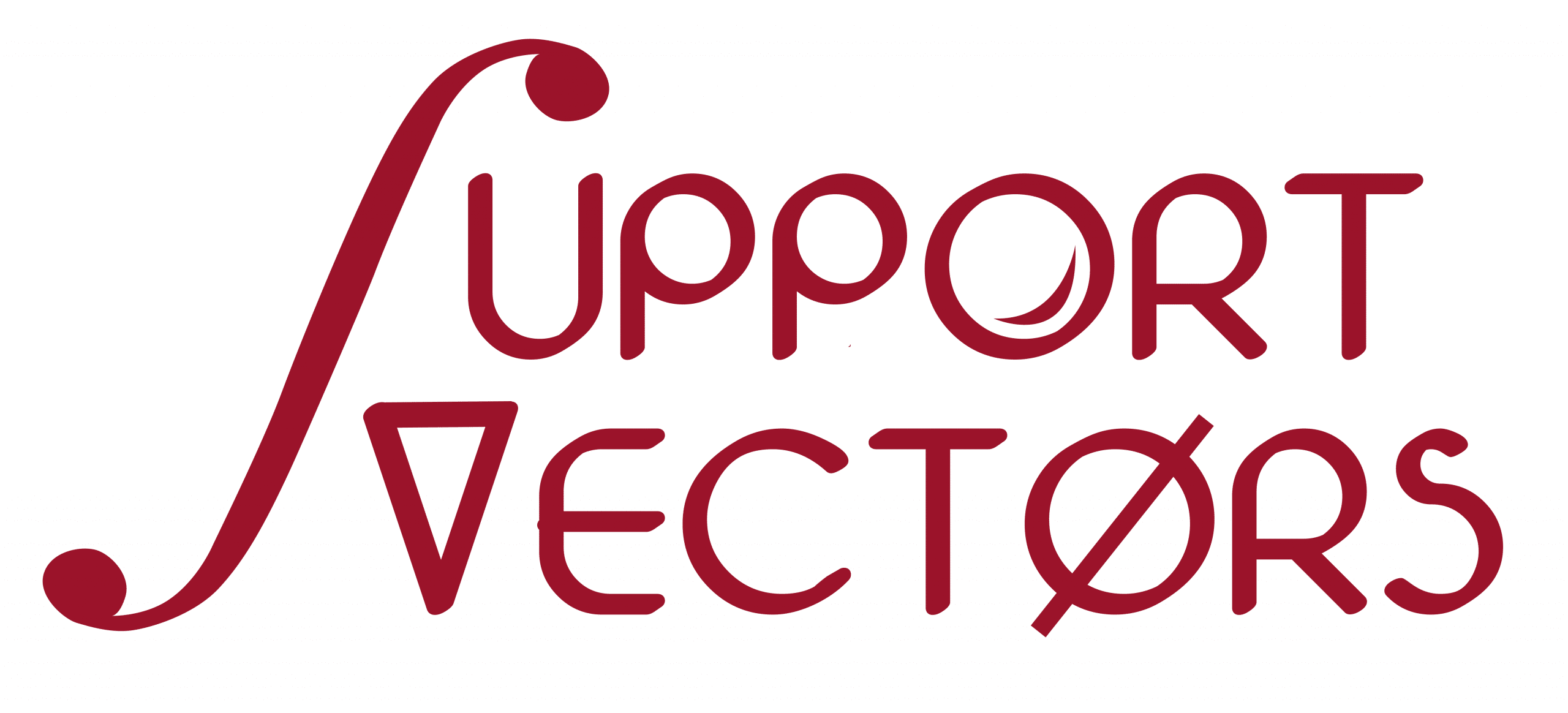Course Overview
Starting on Sunday, February 2nd, 2025
In the ever-evolving field of artificial intelligence, mastering the nuances of prompt engineering is essential for professionals aiming to harness the full potential of generative AI. This 2-month course on in Prompt Engineering is meticulously designed for engineers who are keen to deepen their expertise and apply advanced prompt engineering techniques in an enterprise setting.
This course emphasizes a hands-on approach, with extensive lab exercises, practical projects, quizzes, and case studies.
Learning Outcome
You will gain practical experience in building generative AI applications. You will also engage with cutting-edge research papers to stay abreast of recent advancements in the field.
Prerequisites
Schedule
| START DATE | SUNDAY, FEBRUARY 2nd, 2025 |
|---|---|
| Duration | 8 weeks |
| Session days | Every Sunday |
| Session timing | 11 AM PST to Evening |
| Session Type | In-person / Remote |
| Morning sessions | Theory / Paper Readings |
| Evening sessions | Lab / Presentation |
Skills you will learn
Prompting techniques, programmatic prompting, monitoring and securing prompts
Syllabus Details

-
Introduction to AI Agents – Core concepts, characteristics, and rapid tool-driven progress (ChatGPT, Cursor, Perplexity).
-
Principles of Multi-Agent Collaboration – Cooperative dynamics, specialized roles, and fair contribution via Shapley value.
-
Reinforcement Learning in the Context of Agents – Agent–environment loop, rewards, trajectories, and real-world examples.
-
Neural Networks as Agents – LLMs as neural policies, state-to-prompt mapping, and SLMs vs. LLMs performance tradeoffs.
-
Case Study: Generative Agents — Interactive Simulacra – Park et al. (2023) sandbox, memory, planning, and emergent human-like behaviors.
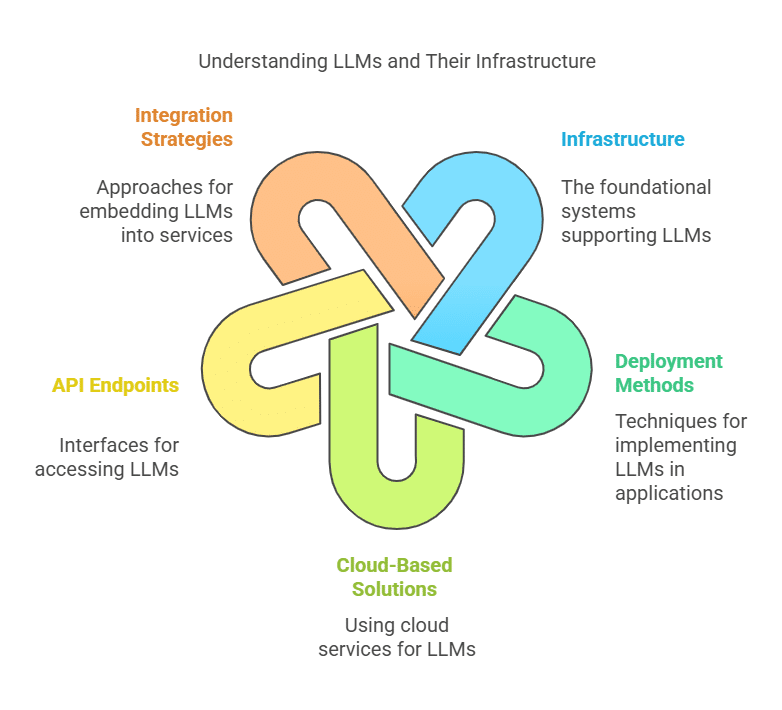
-
Prompt Engineering Unleashed – Decode LLM mechanics from input to output; master System vs. User prompts, key components, and meta-prompting with real examples.
-
AI Agents & Communication – Learn why prompt engineering matters, apply Theory of Mind, leverage context, and use pro techniques for effective interaction.
-
Three Pillars of Agent Power – Build robust agents with high-quality prompts, rich tool integration, and fine-tuning strategies.
-
Newsroom Simulation Project – Design an AI-powered newsroom: requirements, frameworks, architecture, and deliverables.
-
Lab: Prompting Techniques – Create a Prompt Engineering glossary, experiment with self-critiquing agents, and build high-quality CrewAI/OpenAI-driven systems.
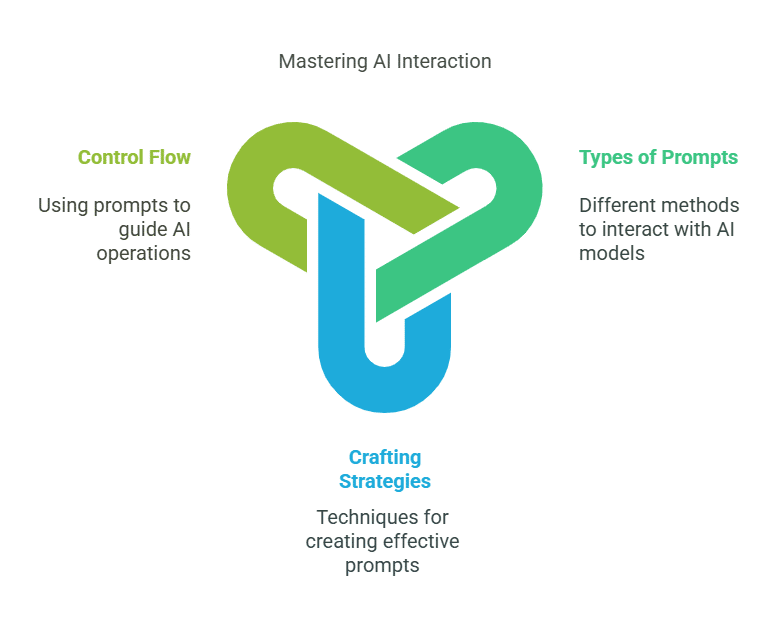
-
Extract Structured Data from PDFs & Query It – Transform unstructured shipping guides into intelligent, queryable databases with AI-powered extraction and cleaning.
-
Real-World Wow Factor – Build a FedEx Shipping Cost Chatbot from scratch as a standout portfolio project.
-
Hands-On Adventure – Experience the full pipeline from AI prompting to SQL, turning raw data into actionable insights.
-
Future-Ready Superpowers – Leverage Vanna AI and Qdrant to translate natural language into precise queries.
-
Speedy Success – Complete an end-to-end project in a single session with expert guidance and confidence-building results.
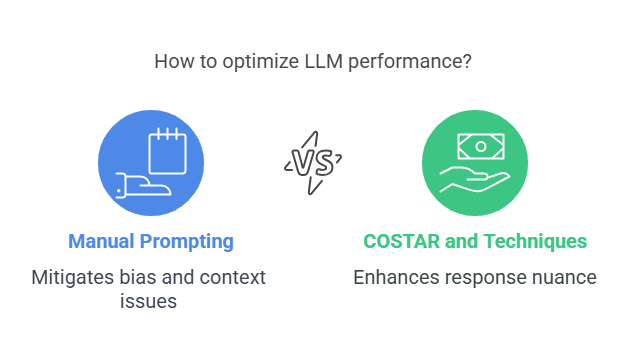
-
Tools & Agentic Systems – Explore the role of tools in agentic workflows, overcome data extraction challenges, master prompting as engineering, apply RAG for Text-to-SQL, understand the four pillars, and tackle the “Tower of Babel” integration issue.
-
Model Context Protocol (MCP) – Learn MCP structure, core components, tool-resource boundaries, the importance of descriptions, fast server implementation, design principles, standardization for agent discovery, and lab specifications.
-
ReAct Paper Summary – Understand interleaved reasoning-action methods, the observe-reason-act loop, “thought” as action, and evaluate real-world examples and outcomes.
-
MemGPT Paper Summary – Examine infinite memory simulation, RAG-based architectures with memory management, core components, and approaches to human-like memory mimicry.
-
Core Project: AI News Platform – Build a collaborative agent-based news analysis system to gather, fact-check, and transform raw data into refined articles on selected topics.
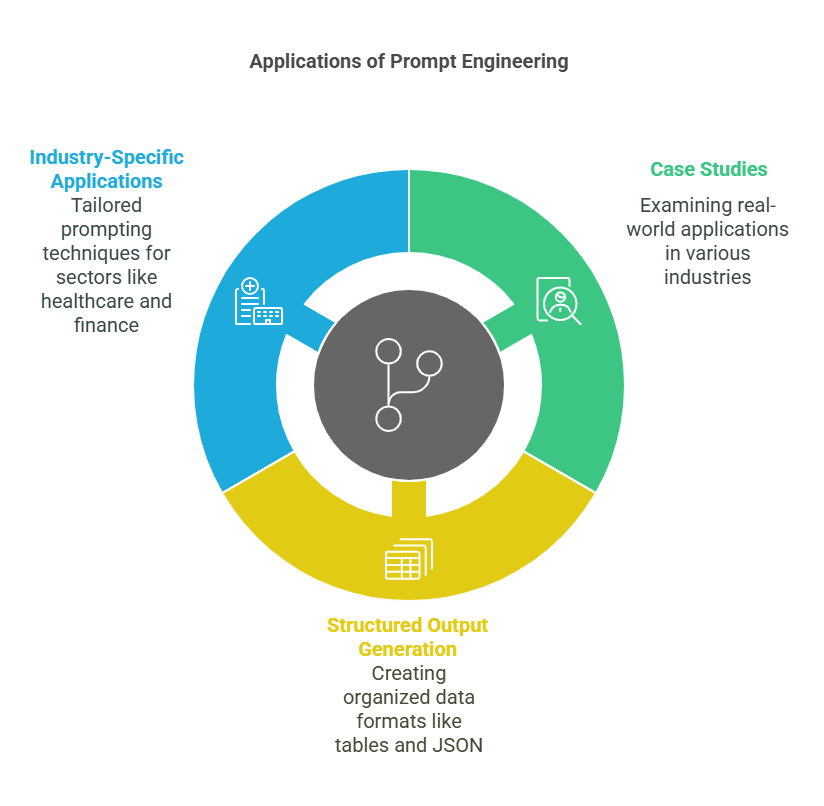
-
Theory Foundations – Explore the evolution of messaging systems, communication models, agent discovery, OSI model for agents, and the CAP theorem in distributed agent networks.
-
Architectures & Blueprints – Understand scalable messaging, the Internet of Agents, and key design principles for enterprise-grade infrastructures.
-
Lab Focus – Build a Python + FastMCP backend with custom tools (e.g., YouTube transcriber, weather forecaster) and integrate with CrewAI and LangGraph for orchestration.
-
Advanced Skills – Master GPU memory management, debugging, and optimization for high-performance AI agents.
-
Why It Matters – Achieve hands-on, portfolio-ready expertise in designing robust, real-world agent systems.
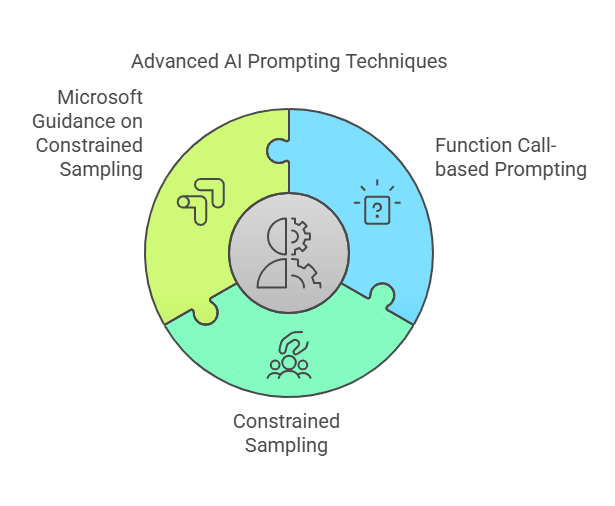
-
Agent Evolution & MCP – Trace agent history, core pillars, and MCP’s role in seamless integration and distributed execution.
-
Scaling Architectures – Harness Kubernetes for containerized scaling and transition from legacy (MapReduce, Spark) to modern Ray ecosystems.
-
Ray Mastery – Integrate MCP with Ray, reuse tools, optimize models, and transform APIs into agent-ready assets.
-
Lab Project – Build a voice-powered multi-agent media system with CrewAI, Whisper, and Streamlit to generate newsletters, slides, and podcasts.
-
Career Edge – Graduate with a portfolio-ready project showcasing enterprise-grade AI automation.

-
Agent Foundations – Frameworks vs. custom builds, Agentic RAG, and smarter retrieval strategies.
-
Learning & Scaling – Fine-tuning methods, neural scaling laws, transfer learning, and decision optimization.
-
System Efficiency – GPU memory optimization, semantic caching, real-time serving, and query routing.
-
Lab Project – Build scalable LangGraph agents with MCP & Ray: a multi-service app solving complex animal queries with RAG.
-
Career Edge – Showcase enterprise-grade design, scaling, and fine-tuning in your portfolio.

-
Core Skills – Dynamic query plans with expansion, guardrails, semantic caching, rerankers, and confidence checks.
-
Relevance Optimization – Fine-tune relevance detectors (e.g., BERT) for high accuracy with GPU-aware batching and <5ms latency.
-
Scaling & Efficiency – Apply parameter-efficient fine-tuning, quantization, and Ray-based scaling to push performance.
-
Agent Design Patterns – ReAct loops, LangGraph workflows, multi-agent planning, and the Five Pillars (prompts, tools, orchestration, memory, fine-tuned models).
-
Lab Project – Build & deploy Relevance-Detecting LangGraph Agents with MCP & Ray—portfolio-ready proof of scalable, intelligent agent design.

-
Barriers to Fine-Tuning – Overcome hardware costs, VRAM scaling, and catastrophic forgetting.
-
Representation Learning – Grasp the Universal Approximation Theorem and data complexity insights for smarter models.
-
Selective Layer Tuning – Target key layers with data-driven strategies for efficient adaptation.
-
PEFT Revolution – Cut costs with prompt tuning, soft prompts, and deep prompt tuning.
-
Agentic LoRA – Apply LoRA’s low-rank projections and adapters to scale adaptive agents.
-
Reinforcement Learning Edge – Explore RL fundamentals, exploration benefits, and the 2025 reasoning leap.
Lab Project: Build an Autonomous Newsletter Generator—from web research to validated, polished newsletters.
Tech Stack Mastery: LangGraph + Ollama + FastMCP with GPU optimization for enterprise-ready performance.
Career Edge: Create a portfolio-ready autonomous AI app that proves your mastery of fine-tuning, orchestration, and real-world deployment.
-
Capstone Kickoff – Launch your final project, blending all bootcamp skills into one AI showcase.
-
RL Foundations – Learn exploration vs. exploitation, states, actions, rewards, and long-term strategy.
-
Learning Dynamics – Decode the agent loop: trajectories, episodes, and emergent reasoning.
-
RL Frameworks – Master actor-critic models, PPO optimization, and training challenges.
-
InstructGPT & RLHF – Dive into pre-training, SFT, and reinforcement with human feedback—plus ethics and limits.
Lab Project: Build a Semantic Cache for RAG—fine-tune sentence embedders and deploy scalable microservices.
Optimization Power: Integrate with FastMCP to slash costs, speed up responses, and maximize efficiency.
Career Edge: Add a portfolio-ready capstone proving mastery in RL, RAG optimization, and enterprise AI systems.
The teaching faculty for this course comprises the instructor, a supportive staff of teaching assistants, and a course coordinator. Together, they facilitate learning through close guidance and 1-1 sessions when needed.
Teaching Faculty

Asif Qamar
Chief Scientist and Educator
Background
Over more than three decades, Asif’s career has spanned two parallel tracks: as a deeply technical architect & vice president and as a passionate educator. While he primarily spends his time technically leading research and development efforts, he finds expression for his love of teaching in the courses he offers. Through this, he aims to mentor and cultivate the next generation of great AI leaders, engineers, data scientists & technical craftsmen.
Educator
He has also been an educator, teaching various subjects in AI/machine learning, computer science, and Physics for the last 32 years. He has taught at the University of California, Berkeley extension, the University of Illinois, Urbana-Champaign (UIUC), and Syracuse University. He has also given a large number of courses, seminars, and talks at technical workplaces. He has been honored with various excellence in teaching awards in universities and technical workplaces.

Chandar Lakshminarayan
Head of AI Engineering
Background
A career spanning 25+ years in fundamental and applied research, application development and maintenance, service delivery management and product development. Passionate about building products that leverage AI/ML. This has been the focus of his work for the last decade. He also has a background in computer vision for industry manufacturing, where he innovated many novel algorithms for high precision measurements of engineering components. Furthermore, he has done innovative algorithmic work in robotics, motion control and CNC.
Educator
He has also been an educator, teaching various subjects in AI/machine learning, computer science, and Physics for the last decade.
Teaching Assistants
Our teaching assistants will guide you through your labs and projects. Whenever you need help or clarification, contact them on the SupportVectors Discord server or set up a Zoom meeting.

Kate Amon
Univ. of California, Berkeley

Shubeeksh K
MS Ramaiah Institute of Technology

Purnendu Prabhat
Kalasalingam Univ.

Harini Datla
Indian Statistical Institute

Kunal Lall
Univ. of Illinois, Chicago
In-Person vs Remote Participation

Plutarch
Education is not the filling of a pail, but the lighting of a fire. “For the mind does not require filling like a bottle, but rather, like wood, it only requires kindling to create in it an impulse to think independently and an ardent desire for the truth.
Our Goal: build the next generation of data scientists and AI engineers
The AI revolution is perhaps the most transformative period in our world. As data science and AI increasingly permeate the fabric of our lives, there arises a need for deeply trained scientists and engineers who can be a part of the revolution.
Over 2250+ AI engineers and data scientists trained
- Instructors with over three decades of teaching excellence and experience at leading universities.
- Deeply technical architects and AI engineers with a track record of excellence.
- More than 30 workshops and courses are offered
- This is a state-of-the-art facility with over a thousand square feet of white-boarding space and over ten student discussion rooms, each equipped with state-of-the-art audio-video.
- 20+ research internships finished.
Where technical excellence meets a passion for teaching
There is no dearth of technical genius in the world; likewise, many are willing and engaged in teaching. However, it is relatively rare to find someone who has years of technical excellence, proven leadership in the field, and who is also a passionate and well-loved teacher.
SupportVectors is a gathering of such technical minds whose courses are a crucible for in-depth technical mastery in this very exciting field of AI and data science.
A personalized learning experience to motivate and inspire you
Our teaching faculty will work closely with you to help you make progress through the courses. Besides the lecture sessions and lab work, we provide unlimited one-on-one sessions to the course participants, community discussion groups, a social learning environment in our state-of-the-art facility, career guidance, interview preparation, and access to our network of SupportVectors alumni.
Join over 2000 professionals who have developed expertise in AI/ML
Become Part of SupportVectors to Inculcate In-depth Technical Abilities and Further Your Career.
